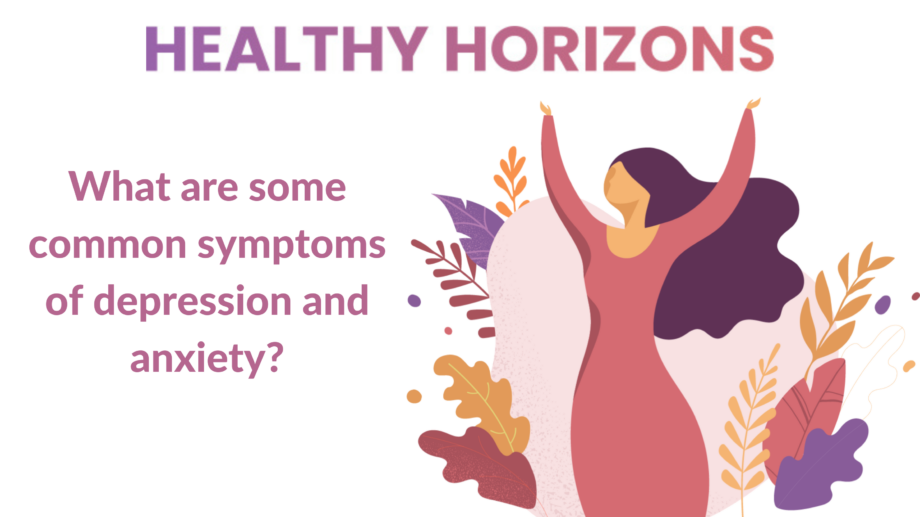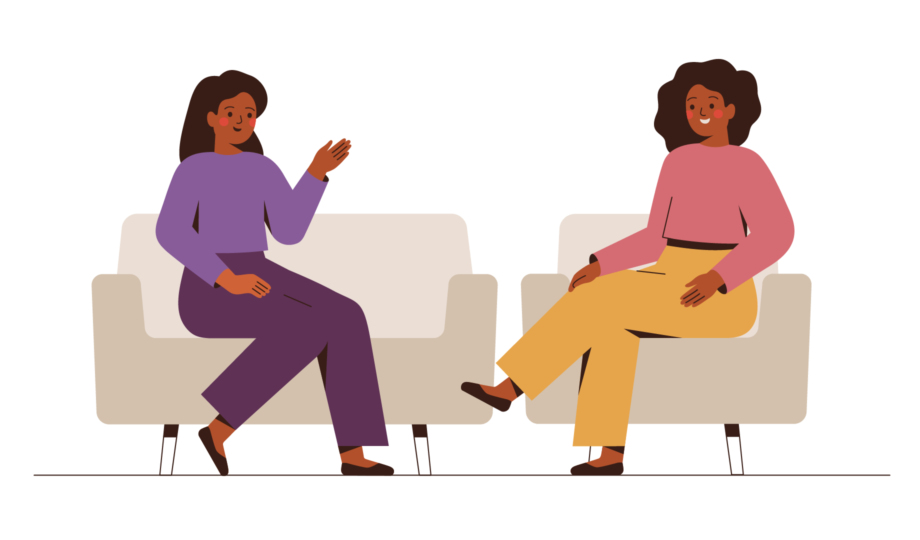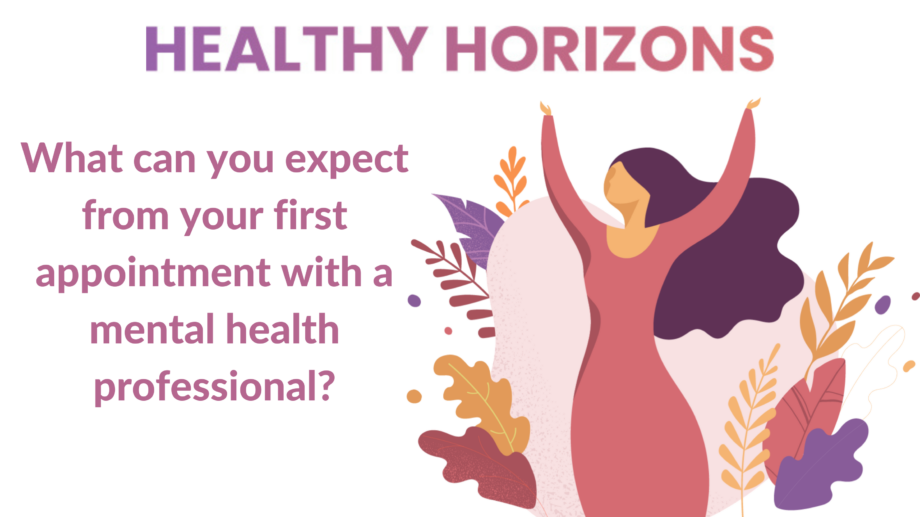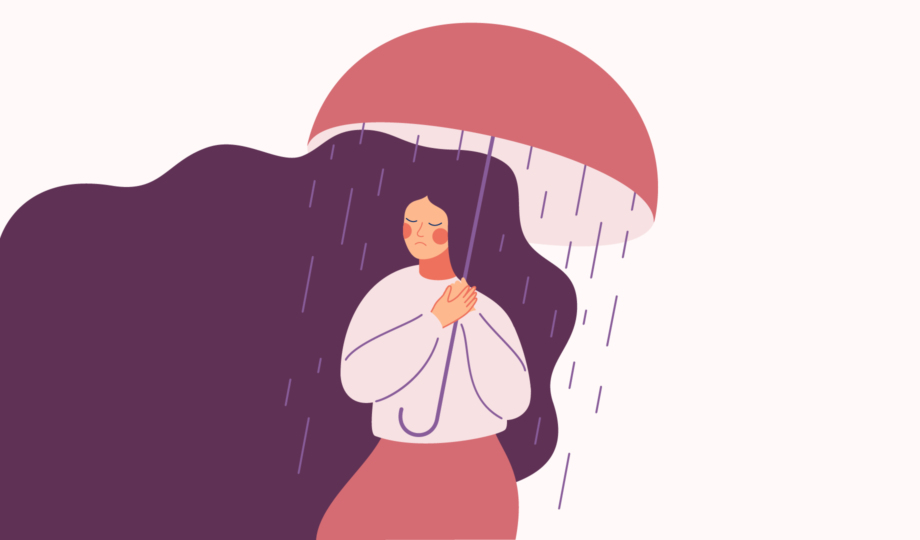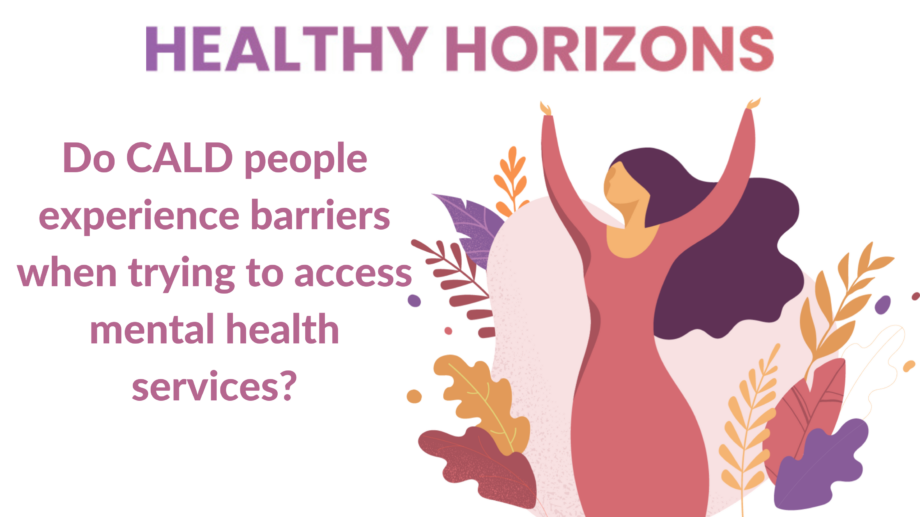Read Transcript
Depression and anxiety sounds like very scary things. And that it can impact a person greatly when they actually can be quite severe.
So depression is when someone feels sad, or has low mood just feels low or sad, for a long, longer period of time. And there might not necessarily be anything that can explain it. So for example, if a family member or friend passes away, that's understandable that you would feel sad, and there's a period that requires to grieve and to overcome that sadness.
But there are people out there that unfortunately, for no particular reason, they just feel sad all the time. So that's when they go and seek the mental health professionals to sort of work it through with them. Or for example, you know, let's just say there is a sad event that occurs but they don't necessarily recover as fast as even they would like to, then that's another reason to have a chat with a mental health professional.
Anxiety, unlike depression, is when a person is fearful all the time, they feel scared or stressed all the time. Again, sometimes there might be a reason for it. But a lot of times, there might not be any reason for it. And so the person's mind might be racing.
Both people with depression and anxiety often have sleep difficulties. Either they might sleep too much or sleep too little.
They also have difficulties with changes in their appetite. So it might be eating too much or too little. So there are lots of other things other than feeling sad or feeling scared, that you can observe in a person with depression or anxiety.
An interesting cultural thing is, a lot of people from, for example, Western societies are likely to express their depression or anxiety or mood changes by saying it. So "I feel sad", or "I feel scared". What they found is that in some multicultural communities, how they express that is perhaps through 'somatic symptoms' is what we call somatic sort of body symptoms. So they might say, "I'm getting headaches all the time", or "My back always hurts all the time". And so it's also being mindful that there are different ways that people might express how they feel, and be able to pick up on that.

